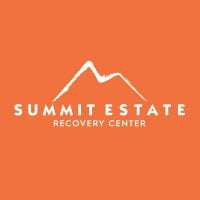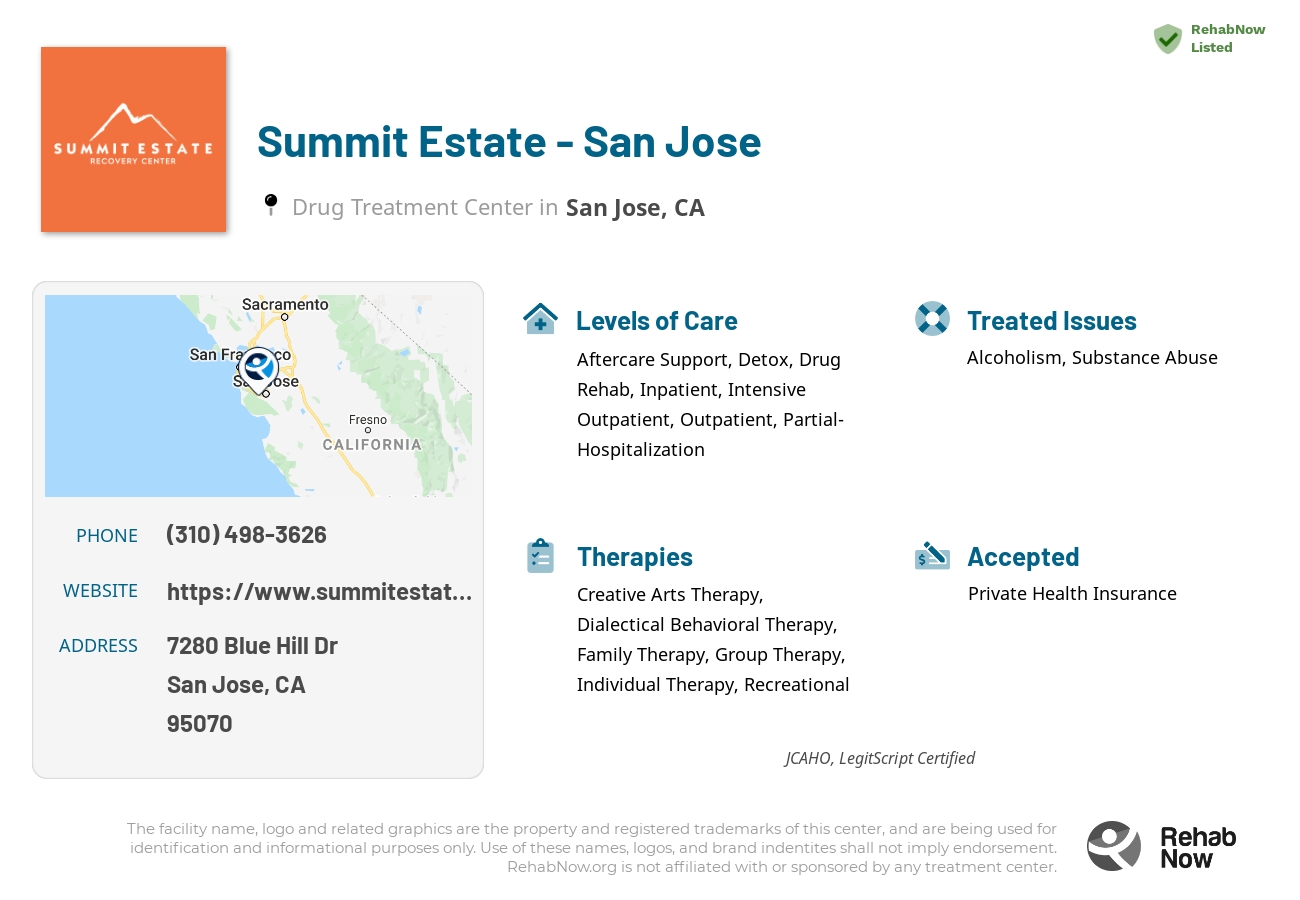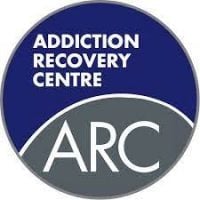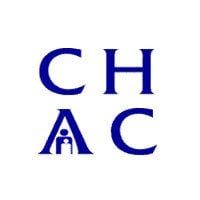Summit Estate - San Jose
Drug Rehab Center in San Jose, California
Summit Estate - San Jose is an addiction treatment facility located in San Jose, California, offering a comprehensive range of services for alcohol and drug addiction, mental health problems, and opioid addiction, including aftercare support, detox, residential and partial-hospitalization treatment, and evidence-based therapies.
About Summit Estate - San Jose in California
Summit Estate - San Jose is an addiction treatment facility located in San Jose, California. This 10-bed facility provides a comprehensive range of services for those suffering from alcohol and drug addiction, mental health problems, and opioid addiction. Their services include aftercare support, detox, inpatient and outpatient treatment with both residential and partial-hospitalization levels of care. They accept private health insurance and are affiliated with Summit Malibu. Summit Estate - San Jose is proud to have both JCAHO and LegitScript accreditation, which are both recognized for top-quality care in the healthcare industry.
Summit Estate - San Jose offers evidence-based therapies and treatments to address both the physical and mental aspects of addiction and substance abuse. They incorporate individual counseling, group therapy, holistic therapies, and multiple 12-step programs in order to create an individualized, comprehensive treatment plan to ensure the best outcomes for those struggling with addiction and substance abuse. At Summit Estate - San Jose, they believe in treating the whole person and providing a safe, encouraging environment to support individuals in their recovery.
Genders
Ages
Modality
Additional
Accreditations

LegitScript

JCAHO
Conditions and Issues Treated
Substance abuse creates problems that affect people in San Jose, CA on many levels. First, substance abuse affects the individual who is abusing drugs or alcohol. This can result in health problems, including heart damage and overdose. Substance abuse also affects the user’s family, friends, co-workers, classmates, or peers. These people feel frustrated because they do not know how to help their loved ones struggling with addiction. At the same time, the addict cannot control his behavior. Lastly, friends and family members of addicts are affected financially by substance abuse.
The good news is that effective treatments can help prevent substance abuse or treat its effects on the user. These treatments, which include behavioral therapy and counseling sessions, target the underlying causes of substance abuse, helping users achieve sobriety so they can regain control over their lives. They also teach users to cope with stress in ways other than using drugs or alcohol.
Levels of Care Offered
This center offers a variety of custom treatment tailored to individual recovery. Currently available are Aftercare Support, Detox, Drug Rehab, Inpatient, Intensive Outpatient, Outpatient, Partial-Hospitalization, with additional therapies available as listed below.
The first level of recovery is detox. It involves giving a person the opportunity to get the toxins out of their body safely. The individual receiving treatment at Summit Estate - San Jose typically will get ill during detox, and they will often start using again to get rid of unpleasant emotions and complicated physical responses. It is why having a California medical professional present is so critical. A medical professional can make sure that patients do not start using again during detox and stay physically healthy during the process. They will also have treatment on a mental level to relieve their symptoms and guide them through the process.
Going to an inpatient rehab facility means living there while all aspects of addiction or co-occurring disorder get addressed. The treatment involves medical supervision, therapy, and future planning.
This type of rehabilitation provides a drug-free environment for people who struggle with chronic/long-term addiction without having access to drugs outside the center (or their own home). It takes away any distractions because they live there 24 hours per day. If someone is trying to break out old habits, which could lead them back into substance abuse, things like jobs or school can be put on hold until after they complete their stay to focus solely on recovery.
Outpatient addiction treatment is beneficial for people who are able to function well in their day-to-day lives. It is recommended for people who are not yet ready to end their relationships with friends or family members who might be encouraging drug and alcohol use.
Intensive outpatient treatment is beneficial for:
- People who are able to attend treatment more than 3 times per week.
- People who do not meet the criteria for inpatient treatment.
- People who are able to contribute to their own recovery outside of the treatment center.
- People who are motivated towards recovery.
- People who are able to overcome addiction on their own without the need for higher levels of care.
Outpatient programs at Summit Estate - San Jose, the San Jose resident can live with their family while continuing with their job or studies. Treatment includes educating the patient on drug abuse, medications, and counseling sessions at the individual or group level. Outpatient treatment plans cover diagnosis, detoxification, management, and counseling. They are a popular option for those who have graduated from inpatient facilities.
Partial Hospitalization Program is often the second level of treatment for those who have graduated from inpatient facilities. It is a good choice for someone who does not need to go through a medically supervised detox and has a supportive home environment. It requires motivation and dedication to commit to the program without constant monitoring. This can be an ideal choice for someone on a limited budget, a lower level of addiction, home and work commitments that cannot be modified, and high motivation.
Without aftercare support, addicts can easily relapse back into addiction. It is crucial to integrate the addict back into society. Aftercare support should take place after outpatient treatment has ended.
There are a few different types of aftercare support that patients can seek after completing an inpatient treatment program:
- 12 Step Self-help groups (AA, NA)
- Therapeutic communities,
- Long-term, structured sober living arrangements
- Halfway houses (residential treatment centers)
Many different support groups exist for addicts to seek help after treatment. Some are more effective than others, depending on the person’s addiction, background, and other factors.
Therapies & Programs
Individual therapy is a form of counseling where you meet with a trained professional one-on-one. Meeting with a therapist in this setting allows for a personal and trusting relationship to be built. This allows the patient to open up about sensitive or private issues they may not feel comfortable discussing in a group. Individual therapy helps identify the root causes of your addiction, which can help prevent relapse.
Family therapy is often done alongside drug treatment to help addicts stay sober. The goal of family therapy for drug addiction is to create an environment where communication can happen without judgment, hostility, or blame. The therapist will sit with the family so they can learn how to communicate differently and provide new tools for dealing with emotions so that people don’t want to drink or do drugs. It’s important for families to focus on relapse prevention plans during treatment so that if the addict feels like they want to use again, they’ll know what steps they need to take together to prevent it from happening again in the future.
Group therapy sessions are another common addiction recovery service. These group sessions typically involve six to 12 addicts who meet regularly with a trained professional for support and guidance.
During these sessions, the group shares their experiences with one another and provides feedback that can help each member avoid relapse or overcome specific obstacles they are facing in their recovery process. With this type of support and guidance, addicts can feel like they are part of a community that understands their struggles and will help them get through the hard times.
Dialectical Behavior Therapy was developed in the 1980s to treat chronically suicidal individuals. It is a cognitive-behavioral therapy that combines standard DBT with strategies derived from Zen Buddhism, such as mindfulness training.
DBT has been adapted for use with other types of psychiatric problems, including eating disorders, substance abuse disorders, borderline personality disorder, posttraumatic stress disorder (PTSD), and other personality disorders. Dialectical Behavior Therapy is considered a psychosocial treatment of BPD. This means that while it can be used alone or in conjunction with drug treatments, DBT does not rely on medications to treat the disorder. Instead, DBT aims to help patients change their thinking and behavior.
Cognitive Behavioral Therapy (CBT) focuses on the underlying thoughts and behaviors that caused the problem of addiction in the first place and may cause a relapse. Negative feelings are common in drug abuse disorders, but they can lead to co-occurring disorders if not recognized. CBT involves strategies that help to change the behavior pattern by restructuring negative thoughts into positive ones. It helps to remove these feelings, and it provides long-term benefits. Also, CBT promotes self-awareness and self-control. It can be administered as a monotherapy or as part of combination therapy.
CBT can improve the patient’s mood, reduce drug cravings and boost success rates on treatment plans. Regular practice can help individuals handle negative attitudes, thoughts, and feelings without turning to drugs or alcohol. The core belief of Cognitive Behavioral Therapy (CBT) is that one’s moods, behaviors, and actions are all connected. Individuals can improve their quality of life using CBT. It helps addicts understand the patterns of thought and feelings that cause them to use drugs or alcohol and develop a healthy response.
Payment Options Accepted
For specific insurance or payment methods please contact us.
Is your insurance accepted?
Ask an expert, call (888) 674-0062
Summit Malibu Associated Centers
Discover treatment facilities under the same provider.
- Summit Malibu - Sea Vista Drive in Malibu, CA
- Summit Malibu in Malibu, CA
- Summit Estate Recovery Center in Saratoga, CA
- Summit Malibu - Malibu in Malibu, CA
- Summit Estate Recovery Center in Los Gatos, CA
Learn More About Summit Malibu Centers
Additional Details
Specifics, location, and helpful extra information.
San Jose, California 95070 Phone Number(310) 498-3626 Meta DetailsUpdated November 25, 2023
Staff Verified
Is Summit Estate – San Jose a LegitScript Verified Treatment Facility?
According to our most recent records, we have found this center to be LegitScript verified.
Summit Estate - San Jose Patient Reviews
There are no reviews yet. Be the first one to write one.
San Jose, California Addiction Information
More than 3 million of California's citizens are addicted to illegal drugs. Almost 800,000 people use hard drugs, almost 5 million use marijuana, and another 2.1 million abuse alcohol every year. Other substance abuse issues such as binge drinking and teen drug use are also common. Many illegal drugs such as cocaine, heroin, methamphetamine, and marijuana are smuggled into the state from Mexico.
The most commonly abused drugs in San Jose are marijuana, methamphetamine, and cocaine. Young adults in San Jose were also more likely to use marijuana than adults aged 26 and older. In San Jose, there were 958 emergency room visits to drug overdoses in 2016. There are treatment facilities available that can help those struggling with addiction get sober.
Treatment in Nearby Cities
- Lompoc, CA (204.3 mi.)
- Lake Forest, CA (351.9 mi.)
- Rancho Cucamonga, CA (333.2 mi.)
- Morgan Hill, CA (24.0 mi.)
- Scotts Valley, CA (17.5 mi.)
Centers near Summit Estate - San Jose
The facility name, logo and brand are the property and registered trademarks of Summit Estate - San Jose, and are being used for identification and informational purposes only. Use of these names, logos and brands shall not imply endorsement. RehabNow.org is not affiliated with or sponsored by Summit Estate - San Jose.











